Solving the sustainability problem: Fueling the secondary market with high-value goods
How retailers and manufacturers can curb their environmental impact
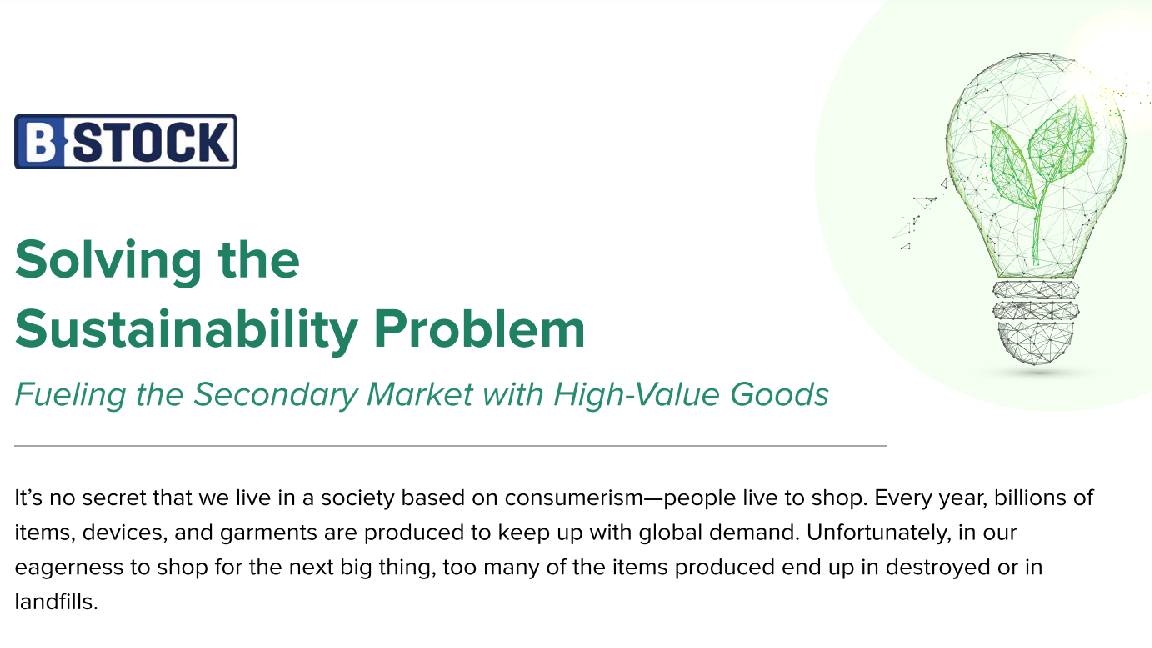

The global consumer goods market is fluent in producing new merchandise and getting it into the hands of consumers. However, it’s a different story when goods fail to sell or get returned.
Leading brands and retailers find themselves unequipped to handle large amounts of excess, slow-moving, or returned inventory which takes up valuable warehouse space while locking away cash value. Unfortunately, it's often too costly to inspect, repackage, store, transport, and remarket these goods that businesses opt to destroy or bury away in a landfill. Is there a better way?
This infographic explores the rampant waste problem, the reasons behind it, and the consumer and corporate sentiments around it—and offers a clear solution.
Download now
Provided by B-Stock
Sign up today and you will receive a free copy of our Future Focus 2025 report - the leading guidance on AI, cybersecurity and other IT challenges as per 700+ senior executives
ITPro is a global business technology website providing the latest news, analysis, and business insight for IT decision-makers. Whether it's cyber security, cloud computing, IT infrastructure, or business strategy, we aim to equip leaders with the data they need to make informed IT investments.
For regular updates delivered to your inbox and social feeds, be sure to sign up to our daily newsletter and follow on us LinkedIn and Twitter.
-
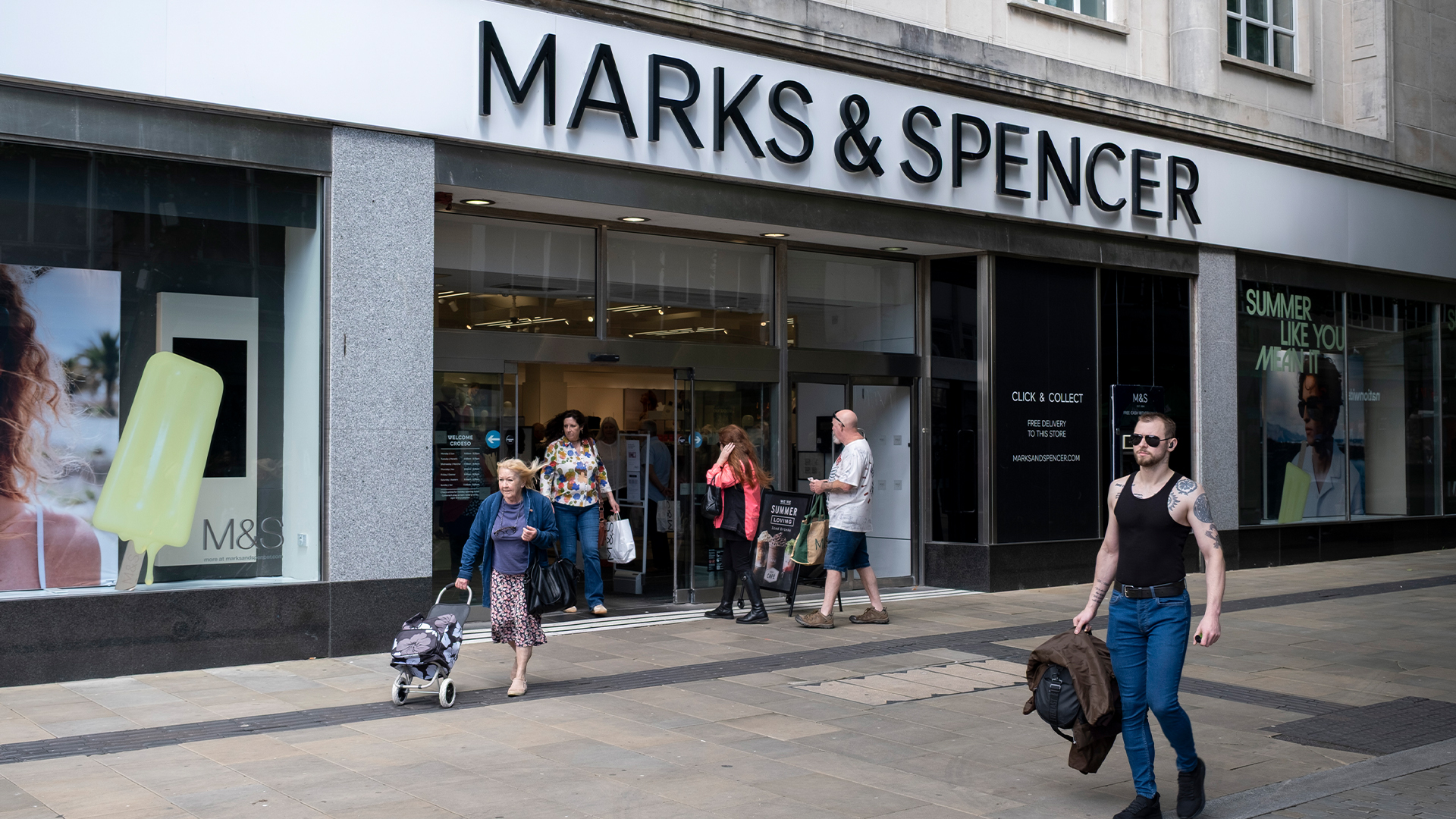 Arrests made in hunt for hackers behind cyber attacks on M&S and Co-op
Arrests made in hunt for hackers behind cyber attacks on M&S and Co-opNews The suspects remain in custody for questioning by officers from the NCA's National Cyber Crime Unit
-
 Why does the US continue to grapple with full-fibre rollout?
Why does the US continue to grapple with full-fibre rollout?In-depth Despite increased remote work and AI access demands, full-fiber rollout in the US continues to fall short
-
 How AI agents are being deployed in the real world
How AI agents are being deployed in the real worldSupported Content These intelligent systems, capable of independent decision-making and learning, are transforming how organisations detect, respond to, and manage security problems
-
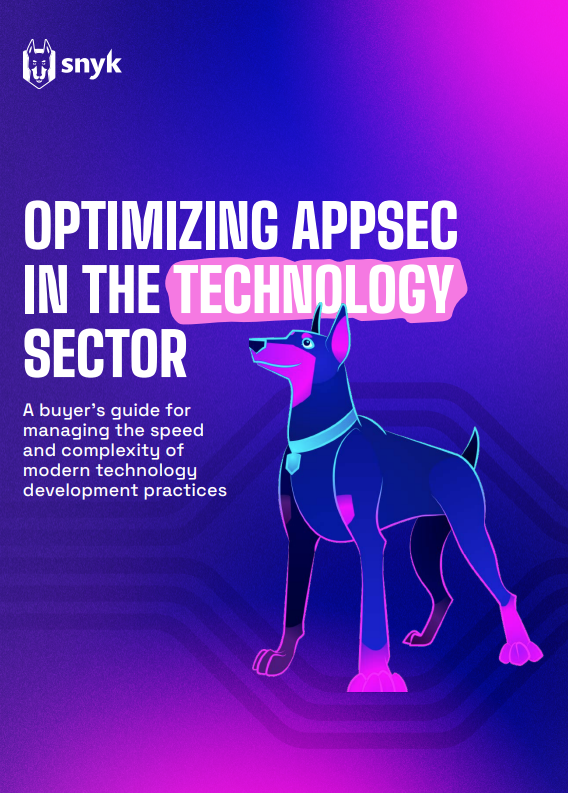 Optimizing appsec in the technology sector
Optimizing appsec in the technology sector -
 AI-first partnerships: Unlocking scalable growth for business
AI-first partnerships: Unlocking scalable growth for businessIndustry Insights Channel partners play a vital role in facilitating AI adoption, but there's more to offering support than simple integration
-
 How an online B2B resale platform helps handle post-holiday returns
How an online B2B resale platform helps handle post-holiday returnsWhitepaper A buyer's guide for meeting the unprecedented speed and complexity of today's development practices
-
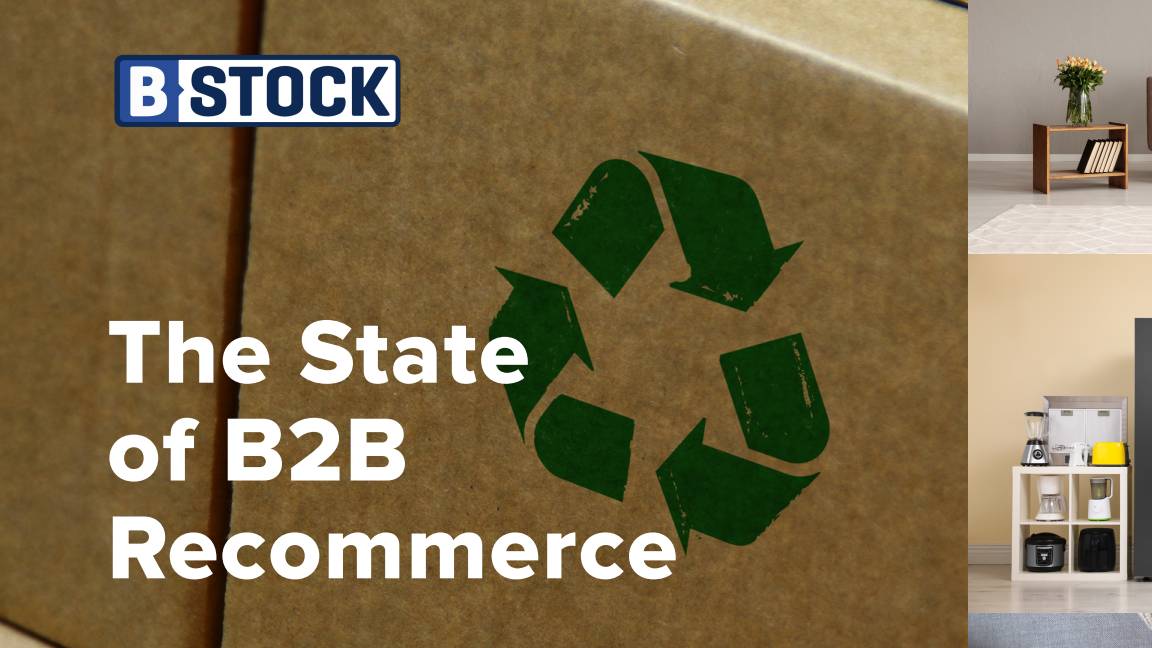 The State of B2B Recommerce
The State of B2B RecommerceWhitepaper A buyer's guide for meeting the unprecedented speed and complexity of today's development practices
-
 DeepSeek R1 has taken the world by storm, but security experts claim it has 'critical safety flaws' that you need to know about
DeepSeek R1 has taken the world by storm, but security experts claim it has 'critical safety flaws' that you need to know aboutNews DeepSeek's R1 AI model is vulnerable to a wide range of jailbreaking techniques.
-
 Third-party AI tools are muddying sustainability metrics
Third-party AI tools are muddying sustainability metricsNews The climate impact of AI tools has become an increasingly important conversation at firms
-
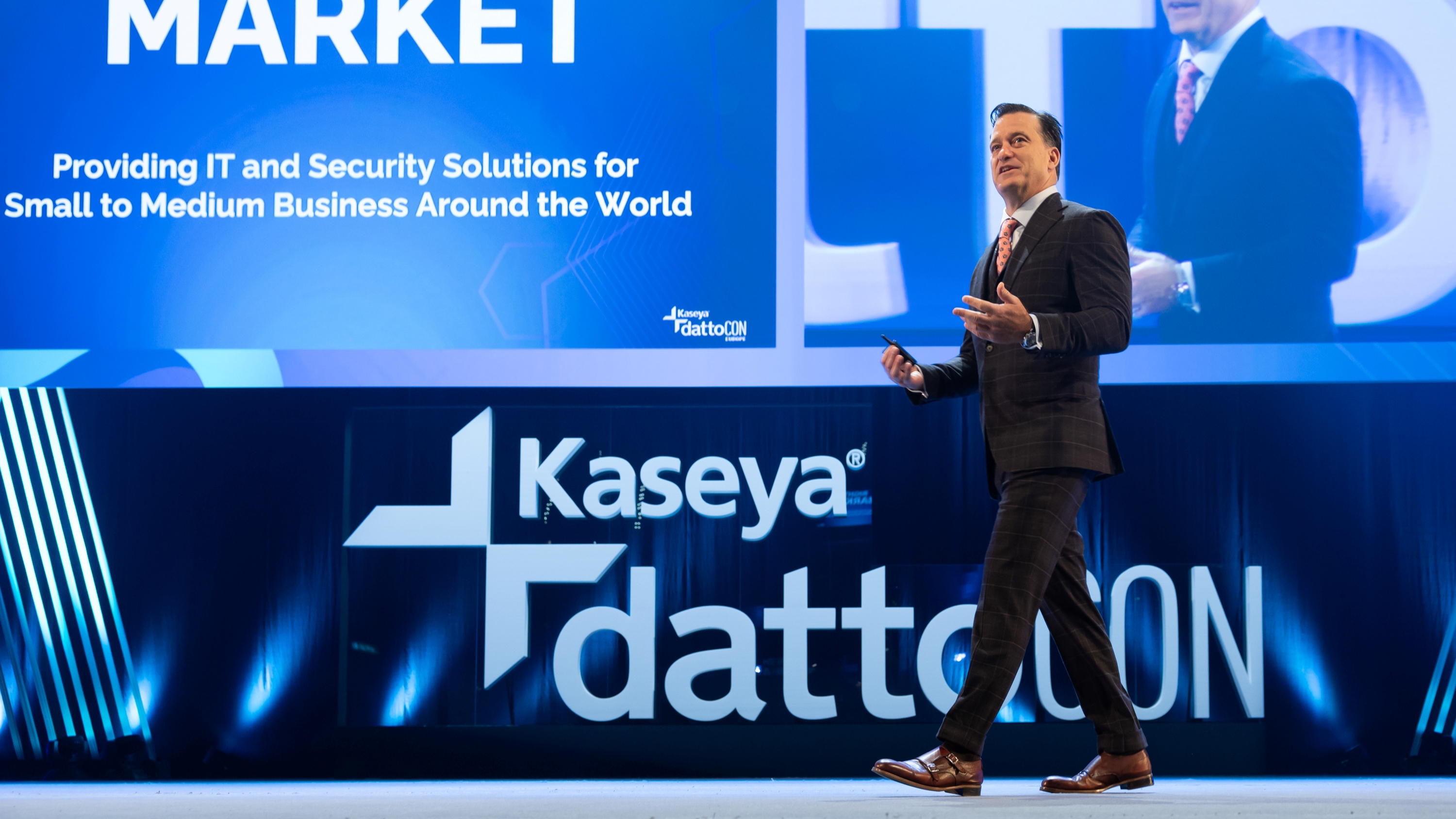 2025 will be another big year for MSPs as Kaseya CEO teases ‘earth-shattering’ announcements
2025 will be another big year for MSPs as Kaseya CEO teases ‘earth-shattering’ announcementsThe firm has already revealed two steps in its four-step ambition, but more is just around the corner…
